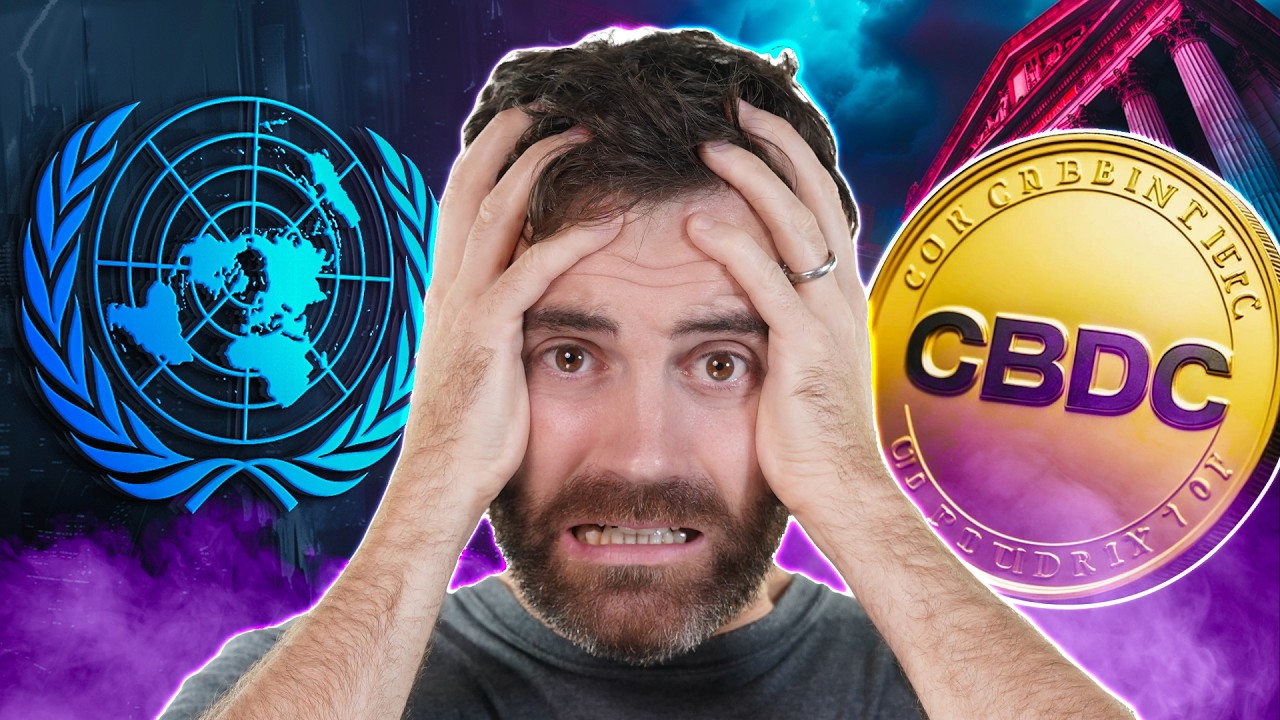The United Nations presents a chilling vision for worldwide dominance by 2030. Known as Agenda 2030, it outlines ambitious goals and initiatives that aim to shape the future of our planet. How will this far-reaching plan impact individuals, communities, and nations alike? Let’s delve into the UN’s unsettling blueprint for global control in the upcoming decade.
Introduction
In a recent video by Coin Bureau, viewers were given a deep dive into the United Nations’ ambitious plan for global control by 2030. The video sheds light on the UN’s vision for the future, including sustainable development, international peace, and the role of technology in shaping global governance. Let’s explore the key takeaways from the video and uncover the UN’s roadmap towards 2030.
The UN’s Ambitious Goals
The United Nations, often described as the world’s peacekeeper, has set forth a bold agenda for the future through its General Assembly Summits. These summits serve as a platform for world leaders to address pressing issues ranging from sustainable development to international peace and security. With a focus on youth and future generations, the UN aims to create a more equitable and sustainable world by 2030.
Sustainable Development and Financing
One of the cornerstones of the UN’s vision is sustainable development. The organization advocates for policies that promote economic growth while ensuring environmental protection and social inclusion. By mobilizing resources and fostering global cooperation, the UN seeks to address challenges such as poverty, climate change, and inequality.
International Peace and Security
Maintaining international peace and security remains a top priority for the United Nations. Through peacekeeping missions and diplomatic efforts, the UN strives to prevent conflicts and resolve disputes through dialogue and negotiation. By fostering cooperation among nations, the UN aims to create a more stable and peaceful world for all.
Science, Technology, Innovation, and Digital Cooperation
The UN recognizes the transformative power of technology in shaping the future. Embracing innovation and digital cooperation, the organization seeks to harness the potential of science and technology for sustainable development. By promoting digital inclusion and cooperation, the UN envisions a more connected and technologically advanced world by 2030.
Transforming Global Governance
As the global landscape continues to evolve, the UN is committed to transforming global governance to meet the challenges of the 21st century. By strengthening multilateral cooperation and promoting democratic principles, the UN aims to build a more inclusive and responsive international system. Through initiatives such as the Future of Global Governance project, the UN seeks to shape a more just and equitable world order by 2030.
Future Prospects
The UN’s vision for global control by 2030 presents both opportunities and challenges. While the organization’s goals are ambitious and far-reaching, achieving them will require sustained commitment and cooperation from all stakeholders. By engaging youth and future generations in the decision-making process, the UN hopes to build a more sustainable and inclusive world for years to come.
Conclusion
In conclusion, the UN’s vision for global control by 2030 reflects its commitment to creating a more peaceful, prosperous, and sustainable world. Through initiatives focused on sustainable development, international peace, and technological innovation, the UN aims to address the most pressing challenges of our time. While the road ahead may be challenging, the UN remains optimistic about the future and is dedicated to working towards a better world for all.
Disclaimer: Information provided in this article is for informational purposes only. Readers are advised to exercise caution and do thorough research before engaging in trading cryptocurrencies.




